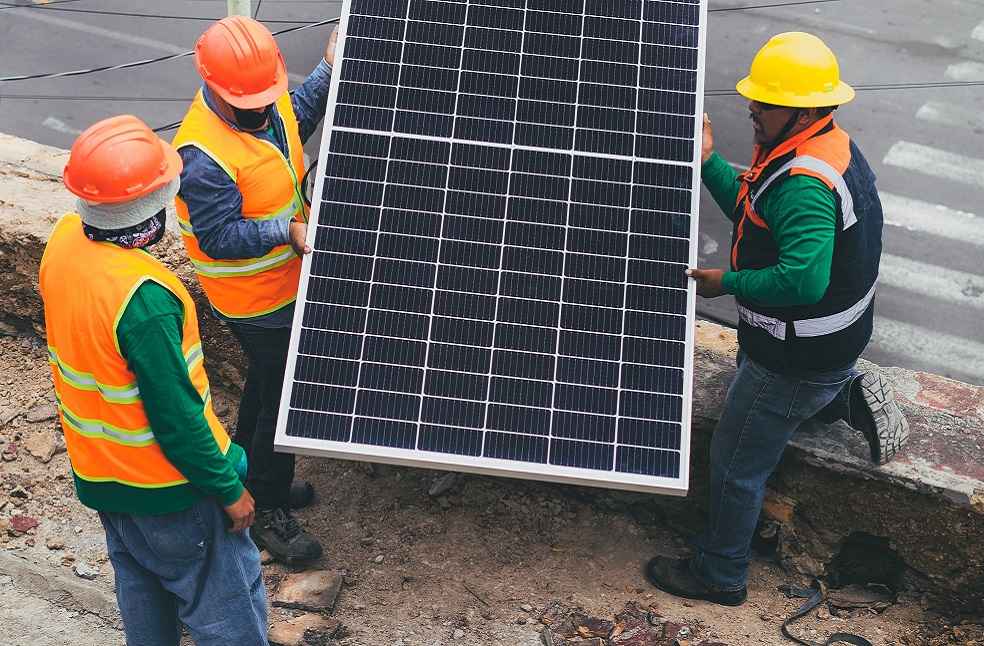The International Trade Centre (ITC) has revealed that Nigeria’s electricity exports have hit $112 million, despite persistent power outages and concerns over domestic electricity supply.
According to the ITC, Nigeria is exporting electricity to the Republic of Benin and Niger. As of January 18, 2025, electricity exports to Benin were valued at $66 million, with an additional unrealized potential of $16 million, raising the total potential value to $82 million. Similarly, electricity exports to Niger stood at $46 million, with a potential value of $51 million, leaving $4.1 million unrealized.
The ITC highlighted that Nigeria’s exports to Benin and Niger include electrical energy, alongside other products such as urea, iron and steel bars, Portland cement, and prepared soups and broths. Electrical energy represents the largest gap between actual and potential exports, particularly in Niger.

Despite the promising export figures, critics have raised concerns about the state of electricity supply within Nigeria. Chief Princewill Okorie, Executive Director of the Electricity Consumer Protection Advocacy Centre, questioned the government’s priorities, citing widespread blackouts and consumer dissatisfaction.
“We cannot celebrate electricity exports when Nigerians are experiencing persistent blackouts and consumer exploitation,” Okorie remarked. “A responsible nation should prioritize its citizens before addressing the needs of others.”
Okorie further criticized the use of revenue from electricity exports, suggesting that funds could be reinvested to improve Nigeria’s power sector. He highlighted the adverse effects of power shortages on local industries and the broader economy, including the ongoing exodus of skilled professionals and youth.

“Charity begins at home,” he added. “It is shameful to celebrate exports while the country borrows from international institutions like the World Bank to address domestic power challenges.”
Mr Kunle Olubiyo, President of the Nigeria Consumer Protection Network, expressed concern over Nigeria’s insufficient investment in renewable energy. He warned that the country risks being left behind in the global energy transition if decisive action is not taken.
“We need to move beyond token investments in renewable energy,” Olubiyo stated. “Reducing our reliance on fossil fuels and addressing power shortages requires substantial funding and strategic policies.”
Olubiyo stressed the urgency of bridging the gap between Nigeria’s power generation capacity and advancements in clean energy worldwide.
MOST POPULAR | Canada Warns of Major Trade War as Trump Proposes 25% Import Tariffs



